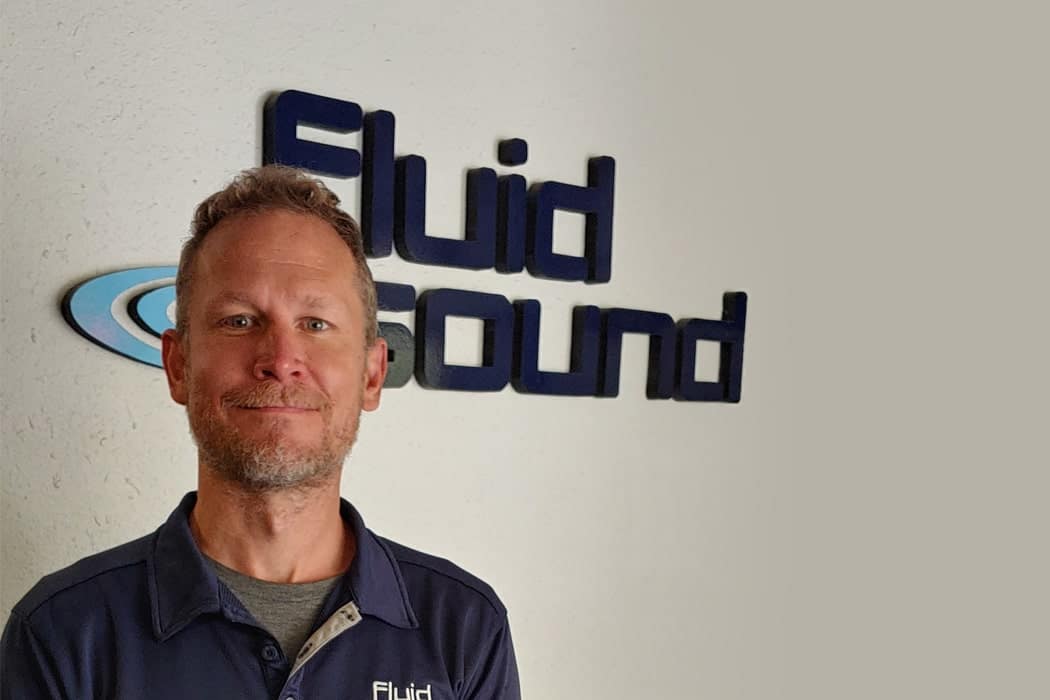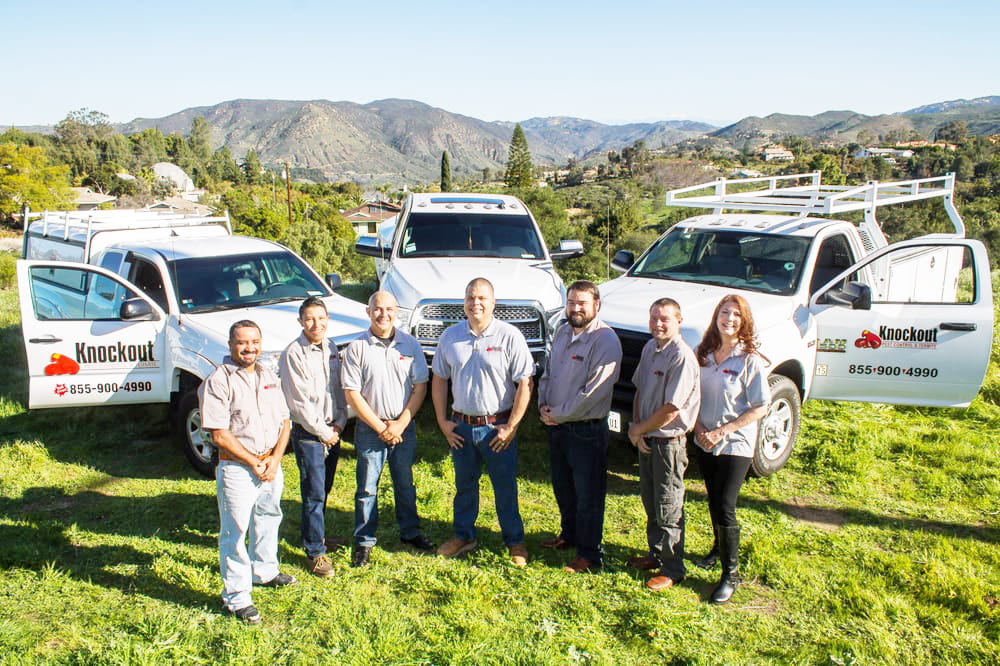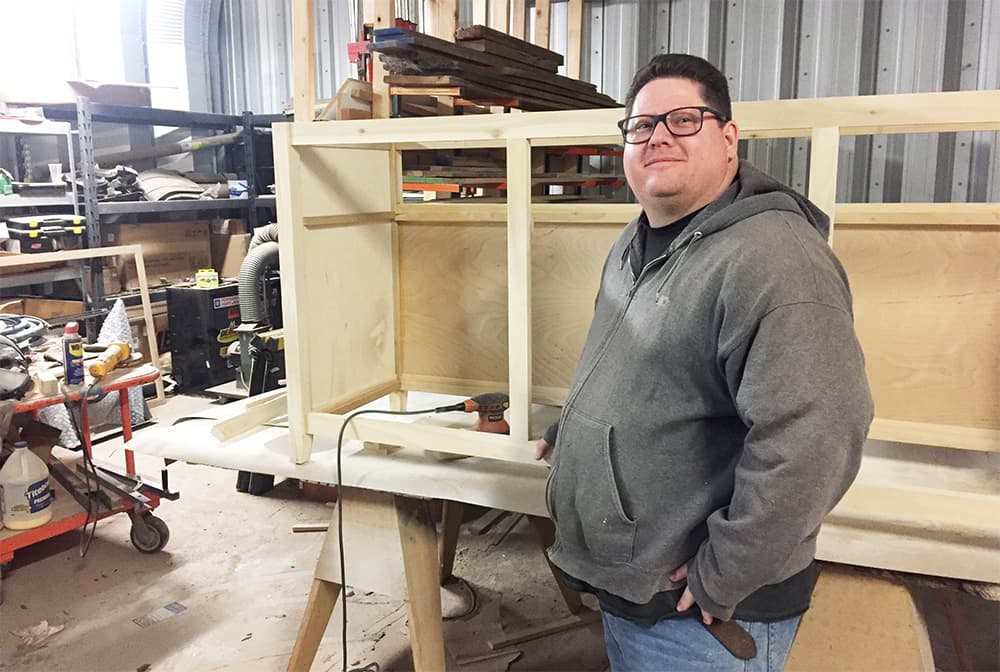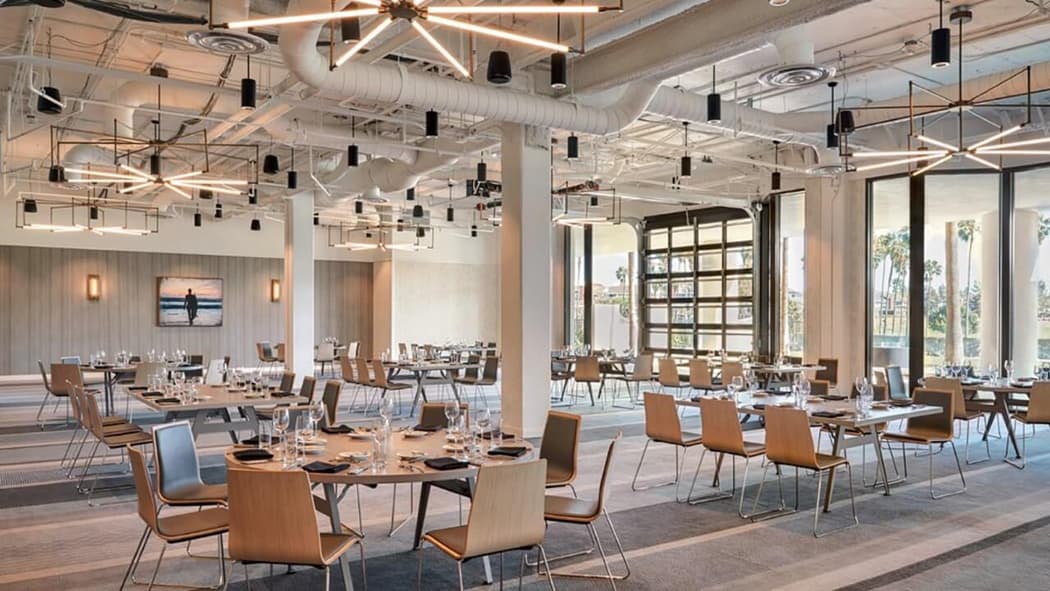In this series of interviews, called Industry Insiders, we talk with business owners from various industries to get some insight into their respective fields. Phil Borkowski is a partner at Fluid Sound, a commercial AV company in San Diego, California.
Why is it important for an organization to go with a company that specializes in commercial AV installations?
The AV Integrator who specializes in commercial clients has keen insight and understanding into the correct equipment that will work best for commercial environments. While a particular type of product may excel in a living room space, that solution may fall short in a conference room or enterprise workplace.
A commercial AV company will also have the working knowledge and expertise to create highly customized solutions, as well as develop systems that can be standardized and scalable so they can then be rolled out company-wide and be remotely managed.
Finally, commercial AV integrators “speak the language” with other commercial trades (electrical contractors, architects, design engineers, construction managers, etc.). They are able to work as a team for the greater good of a project and help ensure success.
What is one thing you wish people would understand about the commercial AV industry?
I wish people would understand that going with the “low bid wins” concept is almost always a mistake. Too many companies incorrectly assume that if they have three different AV companies design and quote a new AV system based off of a job walk and some loose specifications that they will get “apples to apples” proposals, and therefore be able to go with the lowest bid. The lowest bid is not necessarily the best solution for a company’s needs. While the least expensive system design will be the lowest initial investment, it may not be the right system for longevity, scalability, and total cost of ownership over the long haul.
How does your company stay on top of the latest AV products?
We are very intentional about investing in our employees’ and team members’ continuing education through Avixa (the largest commercial AV trade organization). We also attend their yearly AV industry trade show. In addition, we regularly engage with our AV product manufacturers to keep abreast of their new product development by attending their training events and certification programs. We continually demo and test new products introduced to the marketplace to find better ways to achieve an AV need or add new functionality.
What do you see as the greatest challenge in running a commercial AV company?
Finding competent and qualified team members is always a challenge. AV is a specialized industry. There is more demand for skilled technologists than there are available persons. There is also not a typical career path (college, trade schools) to follow, like there is for careers in Information Technology or Programming/Coding. Currently, the main AV Trade Organization (Avixa) offers the most comprehensive training and certification path.
Why is it important for companies and organizations to keep their AV systems up to date?
It increases their return on investment. Once the main AV infrastructure is established, staying current with system updates and preventative maintenance greatly enhances the initial cost of the AV system investment, as well as minimizes the cost for future upgrades and enhancements.
Having a functional and properly maintained AV system allows our clients to focus on their core business and not stress out minutes before a big, important meeting, wondering if the AV system will work correctly.
How can organizations see the greatest return on their investment when it comes to AV installations?
Doing a proper needs analysis at the beginning of the project to truly define and prioritize the features and functionality that are most important will ensure that the investment in AV technology is a good one. Companies should also take their time to interview and discover the right AV company that best meets their needs. In short, if a company does its homework in the beginning, they will more than likely end up with a system that supports their company’s goals and helps make them more effective and profitable.
















